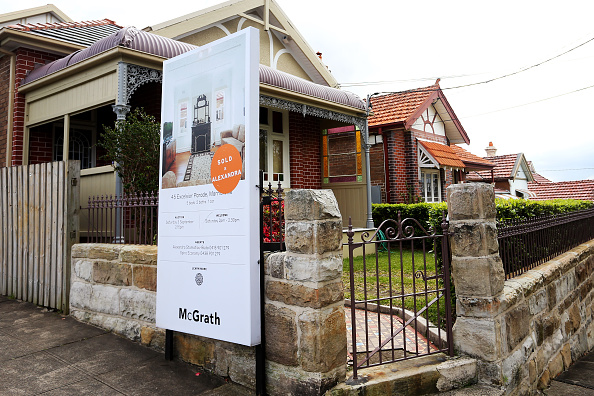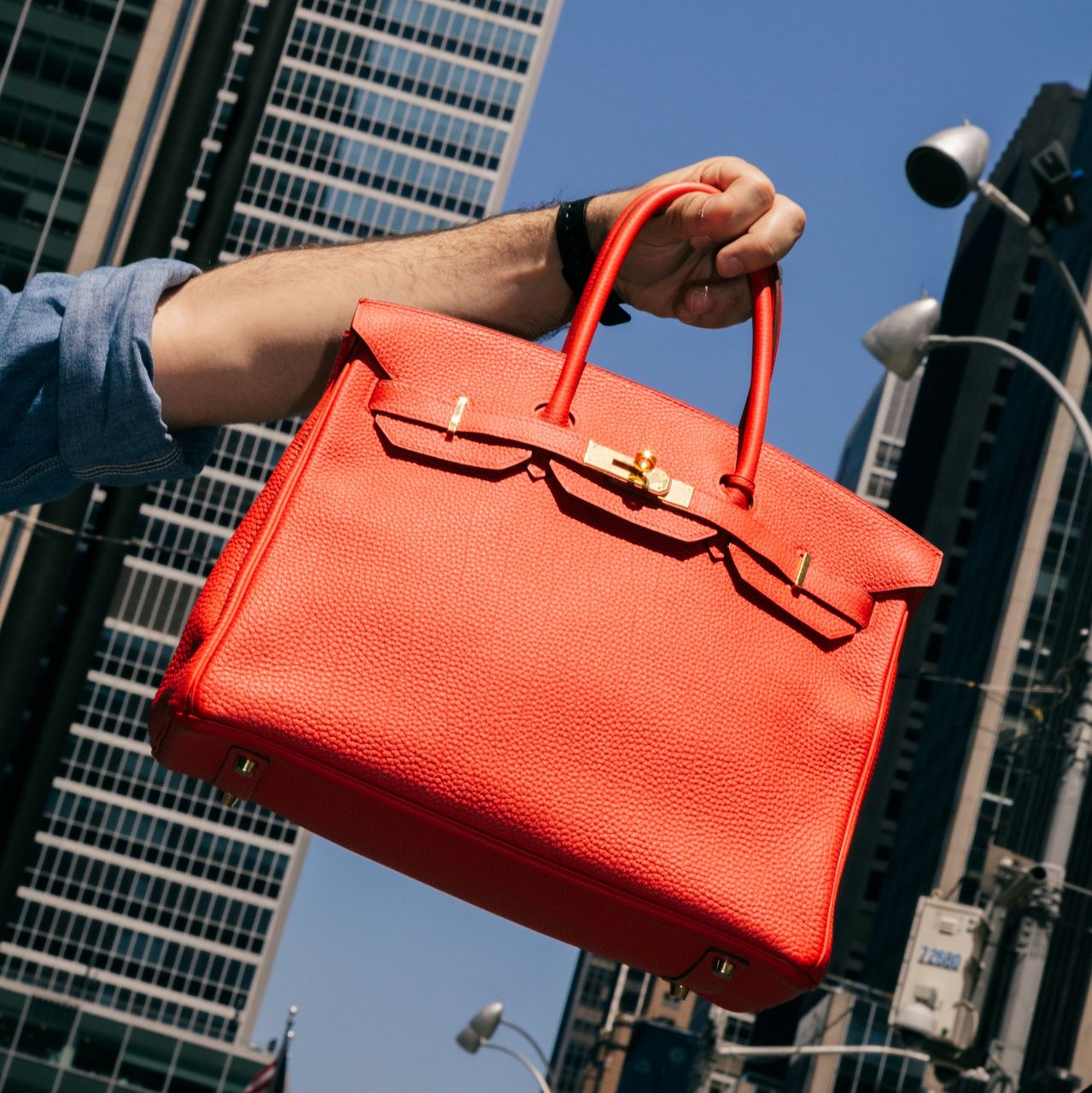Andy Warhol’s Portrait of Queen Elizabeth II Sets Auction Record
Andy Warhol’s portrait of the late Queen Elizabeth II sold for C$1.14 million (US$855,000) at an auction last week, setting a record price for an editioned print by the Pop artist, the Canadian auction house Heffel said.
Warhol created the screenprint in 1985 based on a photograph taken by Peter Grugeon at Windsor Castle in 1975, which was released in 1977 on the occasion of the Queen’s Silver Jubilee, according to Heffel.
Queen Elizabeth II died in September at the age of 96 after a seven-decade reign, making her one of the longest-reigning monarchs in history.
The portrait features the then-reigning Queen wearing the diamond-and-pearl Grand Duchess Vladimir Tiara and a matching necklace, and a blue sash pinned with a medallion with a miniature portrait of her father, George VI, on regal blue background. The outline of the portrait was accentuated by diamond dust, which glimmered in the light.
This print is one of only two editions signed as “HC” for Hors d’Commerce (not for sale) aside from the 30 numbered editions with this colour scheme and diamond dust, according to Heffel.
The consignor acquired the print circa 1996 from Bob Rennie, a prominent Vancouver businessman and collector, according to Heffel, which declined to disclose the identities of the consignor and the buyer.
Offered as a highlight at Heffel’s 85-lot auction of Post-War and contemporary art on Nov. 24 in Toronto, the print realised a price more than double its presale estimate, and was the highest achieved by an editioned print by Warhol, the auction house said.
The previous auction record for an editioned Warhol print was for a piece from the same edition, also in the regal blue colour, sold in September at Sotheby’s for £554,400 (US$662,000), according to Heffel.
The most expensive Warhol work is his portrait of Marilyn Monroe, Shot Sage Blue Marilyn, which was acquired by gallerist Larry Gagosian at a Christie’s auction in May for US$195 million, marking a record price for a work by an American artist at auction.
 Copyright 2020, Dow Jones & Company, Inc. All Rights Reserved Worldwide. LEARN MORE
Copyright 2020, Dow Jones & Company, Inc. All Rights Reserved Worldwide. LEARN MORE
This stylish family home combines a classic palette and finishes with a flexible floorplan
Just 55 minutes from Sydney, make this your creative getaway located in the majestic Hawkesbury region.
Continued stagflation and cost of living pressures are causing couples to think twice about starting a family, new data has revealed, with long term impacts expected
Australia is in the midst of a ‘baby recession’ with preliminary estimates showing the number of births in 2023 fell by more than four percent to the lowest level since 2006, according to KPMG. The consultancy firm says this reflects the impact of cost-of-living pressures on the feasibility of younger Australians starting a family.
KPMG estimates that 289,100 babies were born in 2023. This compares to 300,684 babies in 2022 and 309,996 in 2021, according to the Australian Bureau of Statistics (ABS). KPMG urban economist Terry Rawnsley said weak economic growth often leads to a reduced number of births. In 2023, ABS data shows gross domestic product (GDP) fell to 1.5 percent. Despite the population growing by 2.5 percent in 2023, GDP on a per capita basis went into negative territory, down one percent over the 12 months.
“Birth rates provide insight into long-term population growth as well as the current confidence of Australian families,” said Mr Rawnsley. “We haven’t seen such a sharp drop in births in Australia since the period of economic stagflation in the 1970s, which coincided with the initial widespread adoption of the contraceptive pill.”
Mr Rawnsley said many Australian couples delayed starting a family while the pandemic played out in 2020. The number of births fell from 305,832 in 2019 to 294,369 in 2020. Then in 2021, strong employment and vast amounts of stimulus money, along with high household savings due to lockdowns, gave couples better financial means to have a baby. This led to a rebound in births.
However, the re-opening of the global economy in 2022 led to soaring inflation. By the start of 2023, the Australian consumer price index (CPI) had risen to its highest level since 1990 at 7.8 percent per annum. By that stage, the Reserve Bank had already commenced an aggressive rate-hiking strategy to fight inflation and had raised the cash rate every month between May and December 2022.
Five more rate hikes during 2023 put further pressure on couples with mortgages and put the brakes on family formation. “This combination of the pandemic and rapid economic changes explains the spike and subsequent sharp decline in birth rates we have observed over the past four years,” Mr Rawnsley said.
The impact of high costs of living on couples’ decision to have a baby is highlighted in births data for the capital cities. KPMG estimates there were 60,860 births in Sydney in 2023, down 8.6 percent from 2019. There were 56,270 births in Melbourne, down 7.3 percent. In Perth, there were 25,020 births, down 6 percent, while in Brisbane there were 30,250 births, down 4.3 percent. Canberra was the only capital city where there was no fall in the number of births in 2023 compared to 2019.
“CPI growth in Canberra has been slightly subdued compared to that in other major cities, and the economic outlook has remained strong,” Mr Rawnsley said. “This means families have not been hurting as much as those in other capital cities, and in turn, we’ve seen a stabilisation of births in the ACT.”
This stylish family home combines a classic palette and finishes with a flexible floorplan
Just 55 minutes from Sydney, make this your creative getaway located in the majestic Hawkesbury region.






















